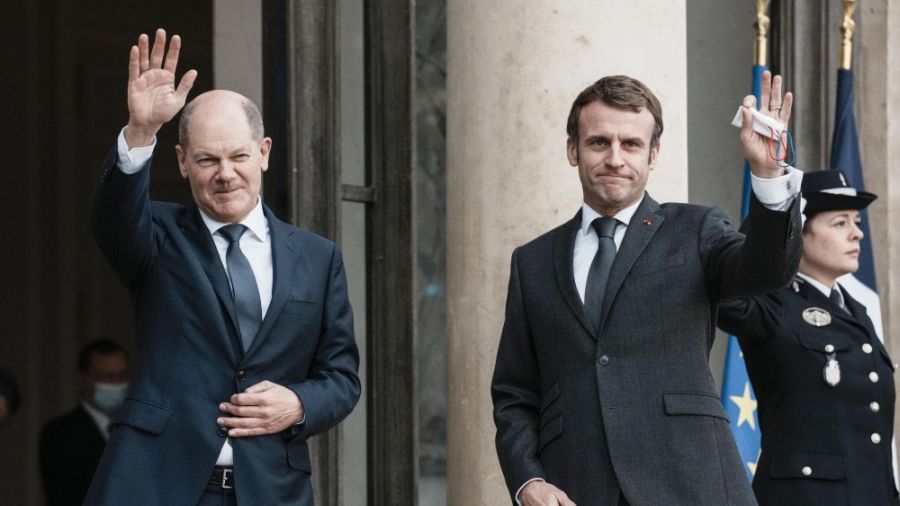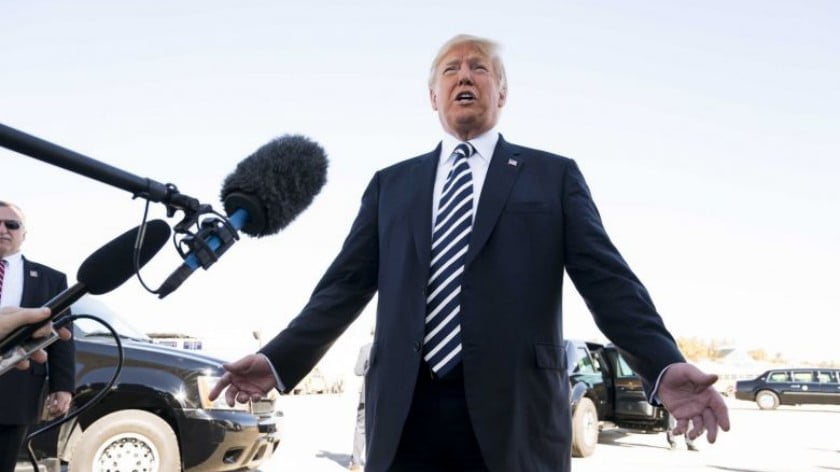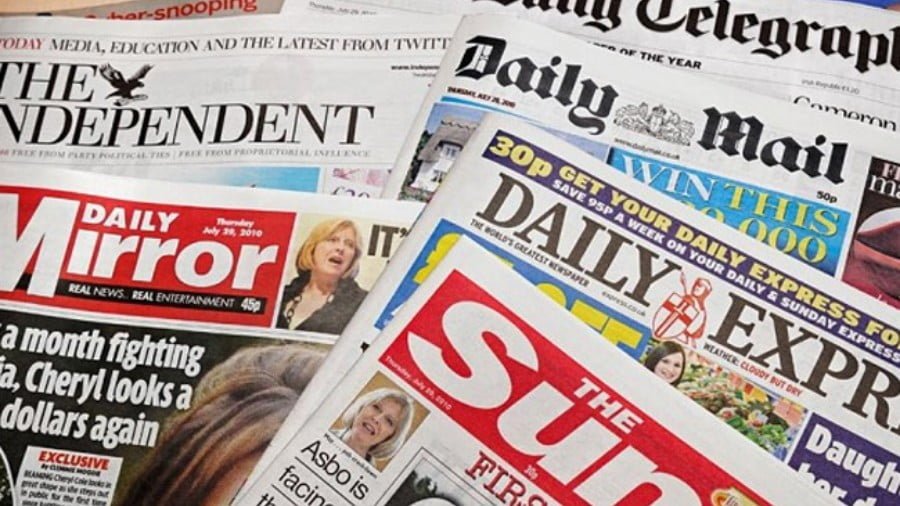The Foundations of the European Union Are Bursting at the Seams
According to the German newspaper Die Welt, contradictions are growing in Europe: relations between the two largest eurozone countries, Germany and France, are “at rock bottom”. In an attempt to negotiate and to come to at least some mutually beneficial compromise, Emmanuel Macron organized a meeting with Chancellor Scholz at the Elysee Palace on October 26. At the same time an extremely important meeting of German and French ministers was supposed to take place in the Fontainebleau Palace, but it was suddenly canceled, which had a thunder crush effect on the Western media.
The journalists of Liberation could not refrain from smirking when explaining what had taken place, saying that the list of claims between the countries was “as long as a day without a pretzel”. In brief, it includes the most important issues for Europe at the moment: Russian gas, the energy crisis, arms supplies to Ukraine, and inflation.
The French and German leaders have different approaches to all of these issues, and they intend to deal with them in different ways. When Macron says, “I believe that neither Germany nor Europe should isolate itself from the rest right now”, Berlin replies that the French like to invoke European solidarity when it benefits France, but immediately forget about solidarity when it plays into Germany’s hands.
For example, while the Germans were planning to build a gas pipeline between Germany and Spain, the French seized the initiative. Apparently, they have already agreed with Spain and Portugal on another pipeline, BarMar, which will run between Marseille and Barcelona under the Mediterranean Sea. This means, firstly, that the German project will not be implemented – it no longer makes sense – and secondly, that German business will suffer sensitive losses in this regard.
Neither can the parties agree upon security issues. Berlin proposes to create a common missile defense system in Europe, and 14 countries, including Great Britain, the Baltic states, Finland and the Netherlands are ready to join the project. That is, many, but not France. The fact is that the German project is going to use the Israeli know-how, while France would like to rely on its own ideas and partly on Italian ones.
According to Die Welt, in France “people are now saying about Germany: ‘Germany puts itself above everyone else,’ and, as a consequence, they feel disappointment, irritation, and bitterness”. For example, the German plan to spend 200 billion euros to hold down gas prices in Germany caused great irritation in France.
First, Scholz for some reason did not consult his respected European partners before announcing it. Curiously, the chancellor had a good reason for this – he was sick with a coronavirus, but he also refused to hold video conferences and did not even find time to talk by phone with French Prime Minister Madame Bourne.
Second, if Germany manages to keep the same price level, it will cause inequality in the eurozone and a possible outflow of industry to German territory, which also does not suit its neighbors.
Third, France would really want to introduce a price cap on the purchase of Russian gas, but Germany is against it because its industry is much more dependent on it than the French one.
Reading the press media from different countries, it is easy to see that the collective Europe is most concerned about the energy issue, while Americans, for example, are worried about the parties’ relationship to China. In November, Scholz intends to travel to Beijing and meet with Xi Jinping. Thus, the German chancellor will be the first foreign leader to visit the Chinese leader, who has just been approved for a third term, and with his visit will legitimize him in his position, which does not please the Americans and the French, who have some complaints against China, especially regarding Chinese investments in France.
It is worth recalling that France and Germany have been competing and fighting each other for hundreds of years. In just the last century and a half, this has culminated in the Franco-Prussian War of 1870-1871, which France lost with a bang. Then there were two world wars, and France won the first with difficulty, suffering enormous human losses, and during the second it just surrendered to Hitler’s army. So the Germans, apart from their current differences, have historical reasons for at least not trusting their neighbors.
Former French Prime Minister (and Foreign Minister) Dominique de Villepin, in an interview on Radio France Inter, assessed the prospects for renewed cooperation between the two countries pessimistically. “The France-Germany pair has split up, their alliance is paralyzed”, which he regrets, because “at this historical moment we cannot afford a weakened and divided Europe… A strong and united Europe always begins with a strong German-French alliance”.
French Finance Minister Bruno Le Maire, who has a reputation as a Germanophile, prefers, however, to remain cautiously optimistic. The disagreement between France and Germany is for reasons “that threaten the German order”, the chief among them is the conflict in Ukraine. “We must strategically rethink the relationship between France and Germany and create a new alliance, perhaps even stronger”. Furthermore, Le Maire pointed out that “there is no alternative to a close relationship between France and Germany”.
And former Prime Minister Jean-Marc Ayrault fears not so much disagreements between the two major countries, but that any intra-European conflict will play into Moscow’s hands. The crisis between the two countries came at a very bad time, because it occurred at the same time as the “energy, financial and economic crisis which will apparently be the beginning of a recession”.
“The conflict in Ukraine”, writes the Le Point columnist, “is changing the balance of power in Europe, and Germany’s role is coming to the fore”. This is really what makes the French most nervous and what they fear most deep down.
France is used to seriously considering itself as a force to be reckoned with in the world, but next to Germany, which is getting stronger, including militarily, the French will no longer be able to play first fiddle. And this is not just a blow to pride – it is the economy, which will have a backlash, and the loss of the former prestige, and pushing it to the back of world politics.
But no one will admit it, and, reporting on the meeting with Macron (which ended up taking about three hours), Scholz noted that France and Germany are “very close”. And French presidential spokesman Olivier Veran announced that “Franco-German friendship is still alive”. France also announced that working groups would be set up on the contentious issues of energy, defense and innovation. However, observers did not fail to note the general nature of the statements made, which means that the contradictions between the countries have not been resolved and are unlikely to be resolved any time soon.







